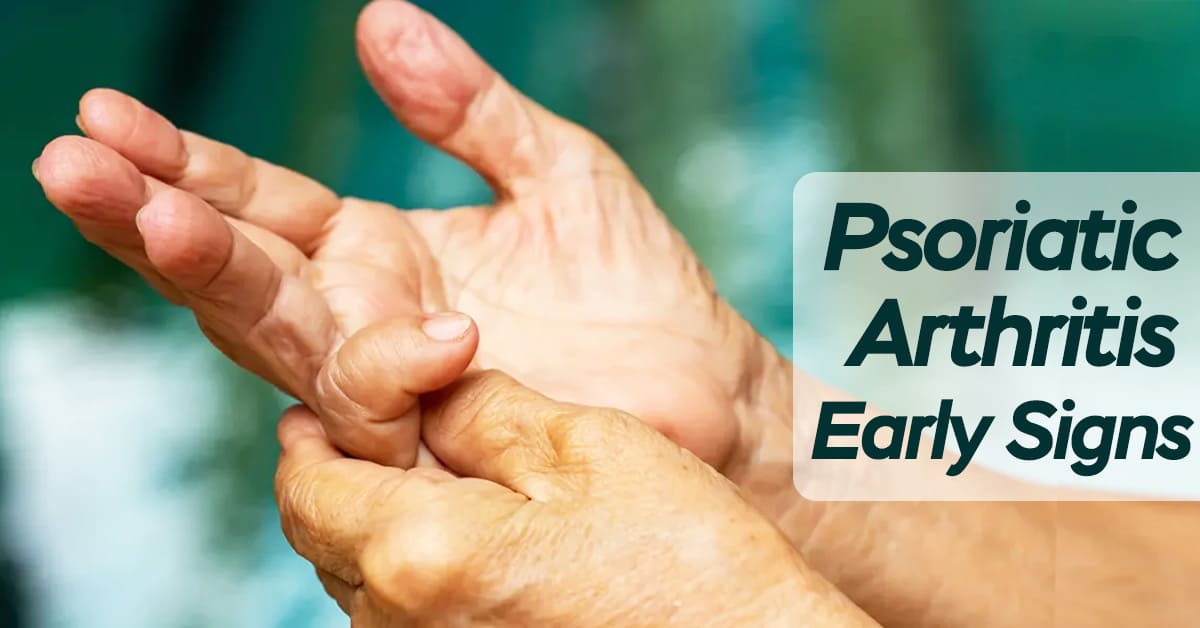Psoriatic arthritis can cause significant joint pain and stiffness. Managing symptoms effectively can enhance your quality of life. Here are some practical tips and advice.

Understanding Psoriatic Arthritis
Psoriatic arthritis (PsA) is an inflammatory arthritis associated with the skin condition psoriasis. It affects the joints, causing pain, stiffness, and swelling. Understanding the condition is the first step toward managing it.
Recognizing Symptoms
Common symptoms of PsA include:-
Joint Pain:
Stiffness:
Swelling:
Effective Ways to Manage Joint Pain
Medications:Nonsteroidal Anti-Inflammatory Drugs (NSAIDs): These can help reduce pain and inflammation.Disease-Modifying Antirheumatic Drugs (DMARDs): These slow disease progression.Biologics: Target specific parts of the immune system to reduce symptoms.Physical Therapy:Exercise Regimens: Regular, gentle exercise can keep joints flexible and reduce pain.Stretching: Daily stretching can improve joint mobility and reduce stiffness.Strength Training: Building muscle around joints can provide better support, easing pain.Hot and Cold Therapy:Heat: Warm baths, heating pads, or warm compresses can soothe aching joints and muscles.Cold: Ice packs can reduce inflammation and numb painful areas.Alternative Therapies:Acupuncture: Some find relief from joint pain through this traditional Chinese medicine practice.Massage Therapy: Regular massages can relieve tension and improve blood flow to affected joints.Alleviating Stiffness
Morning Routine:Warm Showers: Starting your day with a warm shower can ease morning stiffness.Gentle Stretching: Incorporate a stretching routine each morning to improve flexibility.Adapt Your Workstation:Ergonomic Equipment: Ensure your chair, desk, and computer setup support good posture.Frequent Breaks: Take short breaks to stretch and move around, keeping stiffness at bay.Lifestyle Changes:Healthy Diet: Incorporate anti-inflammatory foods like fish, nuts, and leafy greens.Stay Hydrated: Drink plenty of water to keep joints lubricated.Good Management Strategies for Psoriatic Arthritis
Regular Check-ups:Monitor Symptoms: Regular visits to your healthcare provider can help track symptoms and adjust treatments as necessary.Blood Tests: These can monitor inflammation levels and the impact of medication.Education and Support:Learn About PsA: Stay informed about your condition and available treatments.Join Support Groups: Connect with others who have PsA to share experiences and advice.Mental Health:Stress Management: Practice mindfulness, meditation, or yoga to reduce stress levels.Therapy: Counseling or support groups can help cope with the emotional impact of chronic illness.Creating a Personalized Action Plan
Set Realistic Goals:Daily Movement: Aim to include some form of exercise daily, even if it's just gentle stretching.Symptom Tracking: Keep a journal to document pain levels, stiffness, and other symptoms.Consult Healthcare Providers:Personalized Treatment Plans: Work with your healthcare provider to tailor treatments to your specific needs.Medication Reviews: Regularly review and adjust medications as necessary.Conclusion
Managing joint pain and stiffness from psoriatic arthritis requires a multi-faceted approach. By integrating medications, physical therapy, lifestyle changes, and mental health strategies, you can significantly improve your quality of life. Stay proactive, informed, and connected with your healthcare provider to effectively manage your symptoms.









